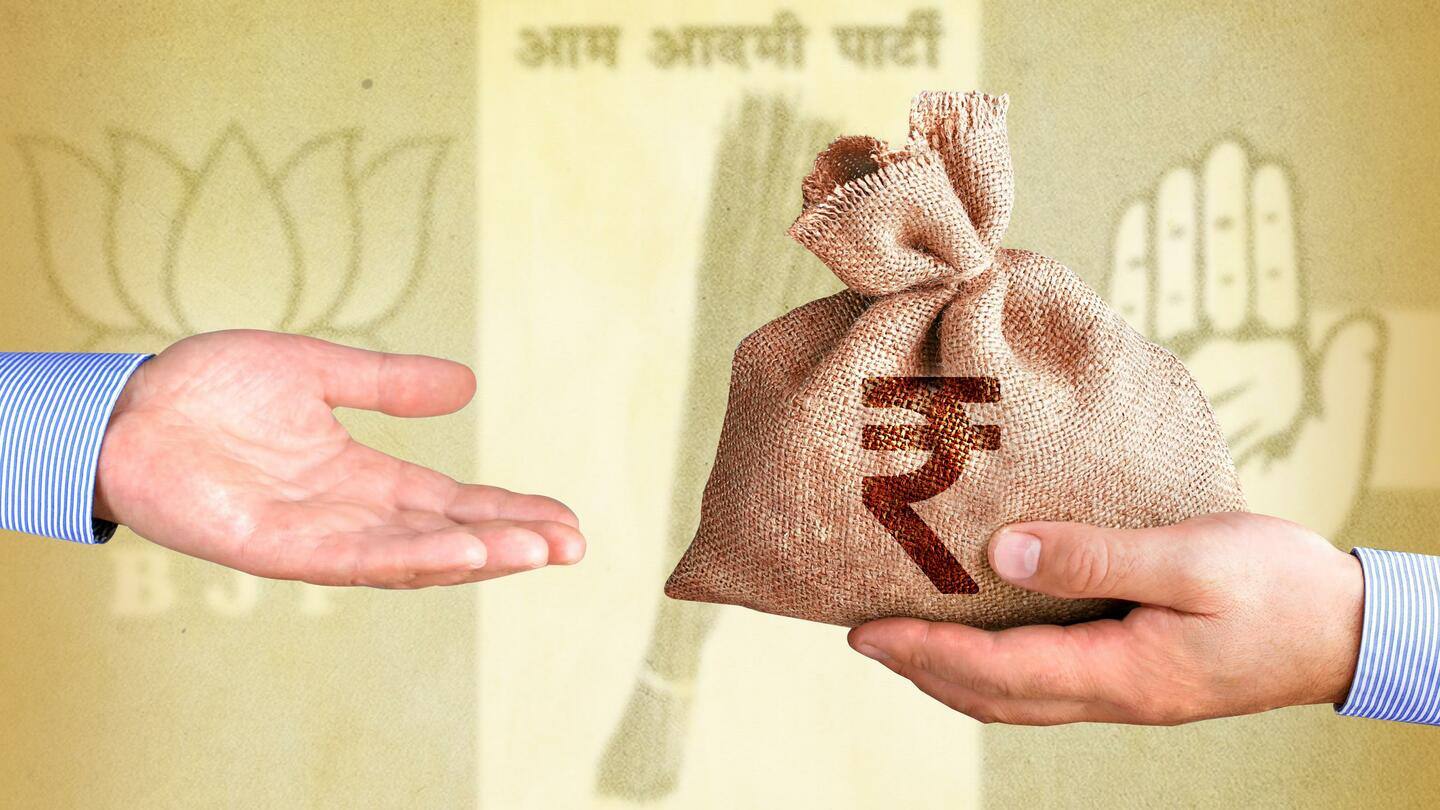
Electoral bond sales begin in India: How to buy them?
What's the story
The 24th batch of electoral bonds has gone on sale in India today i.e. December 5.
The Union Government has authorized the State Bank of India (SBI) to issue and encash such bonds through 29 of its authorized branches across the country.
The bond sales coincide with the second phase of the Gujarat Assembly elections scheduled to be held today.
Context
Why does this story matter?
The general public can use electoral bonds to fund eligible political parties. They can be bought digitally or via demand drafts and cheques.
Such bonds do not bear the donor's name and parties are unaware of their identity. Hence, there is no chance of favoritism.
Donations through electoral bonds are considered tax-exempt under Sections 80 GG and 80 GGB of the Income Tax Act.
Details
What are electoral bonds?
In a bid to make political funding transparent, electoral bonds are considered an alternative to cash donations.
They can be bought by Indian citizens as well as those incorporated or established in the country.
The bonds are sold four times a year (January, April, July, and October) in multiples of Rs. 1,000, Rs. 10,000, Rs. 1 lakh, Rs. 10 lakh, and Rs. 1 crore.
Rules
What about their validity?
The first batch of electoral bonds was sold between March 1-10, 2018, while the last phase (23rd) was up for grabs between November 9-15, 2022.
The validity of such bonds extends up to 15 days from the date of issuance. If a bond is deposited after the expiration of the validity period, no payment is made to the political party in question.
Information
Where are the bonds being sold?
The 24th batch of electoral bonds is being sold via authorized SBI branches in Srinagar, Gandhinagar, Bhopal, Raipur, Lucknow, Shimla, Chennai, Patna, Dehradun, Kolkata, Guwahati, New Delhi, Chandigarh, and Mumbai. You can buy them to support your preferred political party.
Goals
Electoral bonds can curb malpractice
Political parties that have received at least 1% of the votes polled in the most recent General or Assembly elections can receive donations via electoral bonds.
The issued bonds are redeemed by a bank account disclosed to the Election Commission of India, thus curbing malpractice.
However, critics claim that the ruling party can find out who is funding its rivals.